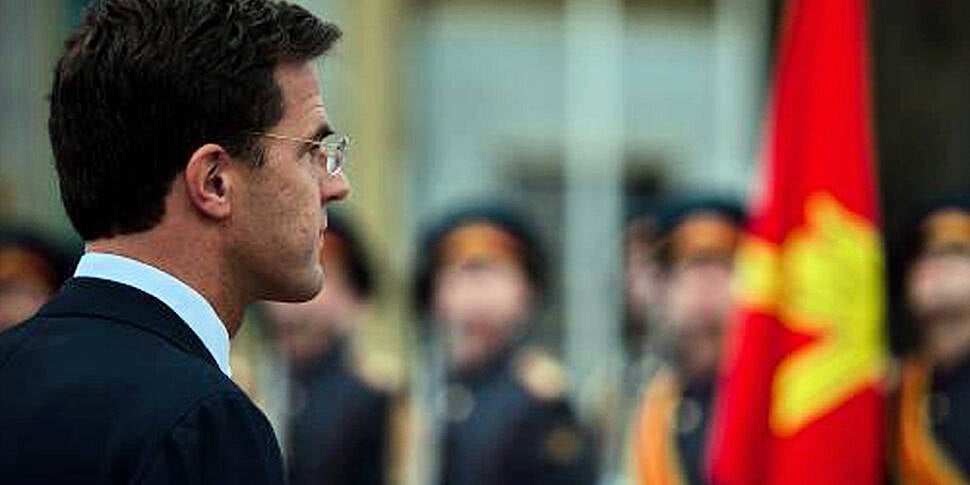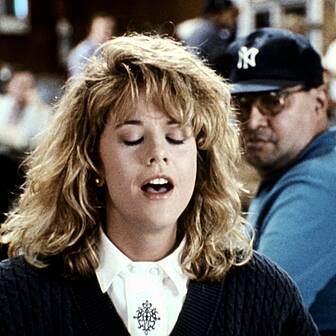The Netherlands is sending 40 military police to search for victims of the plane crash in eastern Ukraine. Some bodies are still at the site, with access being hampered by armed pro-Russian rebels.
40 people are being deployed to the area - although they will be unarmed and will not be providing security.
Around 300 people were killed when the plane was apparently shot down, but not all of the victims' remains have been found.
193 Dutch nationals were on board.
Dutch Prime Minister Mark Rutte has promised to do everything he can.
Meanwhile as he promises to help with the MH17 investigation, Russian President Vladimir Putin is moving to silence his critics over the disaster.
On the same day as he promised to do everything to help the MH17 investigation, the Russian president passed a new anti-protest law, increasing the penalty for repeat breaches to up to five years forced labour or imprisonment, or a one million ruble fine.
Another law targeting "extremist language" makes retweeting information deemed "offensive" punishable by up to five years in jail.
More than 90% of people in Russia get their information from TV news - and Russian media is increasingly subject to heavy state control.
For the last week it has been broadcasting a steady stream of "questions Kiev must answer" and Russia's theories about the Malaysian airliner crash.
However Vladimir Putin has rarely been more popular in Russia.
The latest polls put his personal approval rating at 83% - up 29% from last year, boosted by his annexation of Crimea, which was a wildly popular move at home.
His presidency has coincided with a massive increase in the price of oil, and for many a tangible increase in their standard of living, especially when compared to the chaos and economic turmoil of the 90s.
Increasingly fragile Russian economy
But despite the fast cars, huge oil and gas revenues and the perception of wealth, Russia's economy is beginning to look increasingly fragile.
The IMF has estimated Russia's growth this year will slow to 0.2% and the value of the ruble has fallen.
Capital flight for the first seven months of this year has reached US$75 billion (€55.7bn) - one and a half times the cost of the Sochi Olympics.
Russian economist Alexander Orlov explained "Previously the growth of wages, of real income, was positive, but now that the economy is slowing down to almost zero, there is no real growth in income, in wages, but inflation is still going up."
"And with the ruble depreciation, we could see much higher inflation going forward."
15 new names and 18 entities are to be added to the EU sanctions list this week, while German officials have warned sanctions on sectors of the Russian economy could follow by the end of the month unless Russia acts quickly to defuse the crisis in eastern Ukraine.









